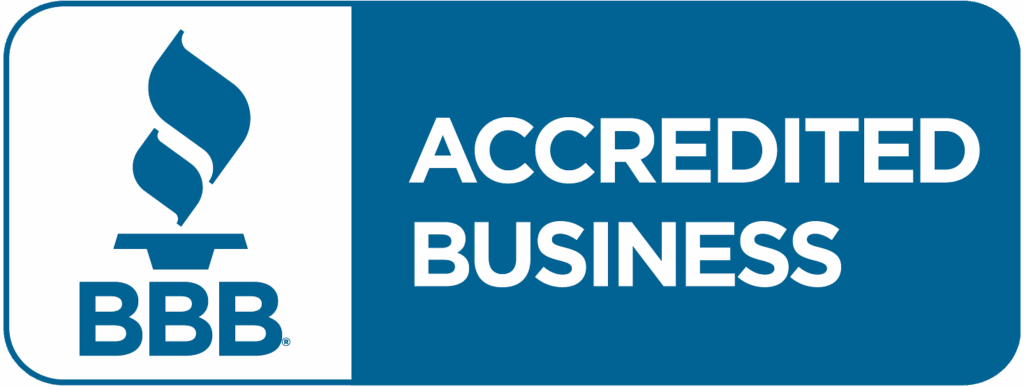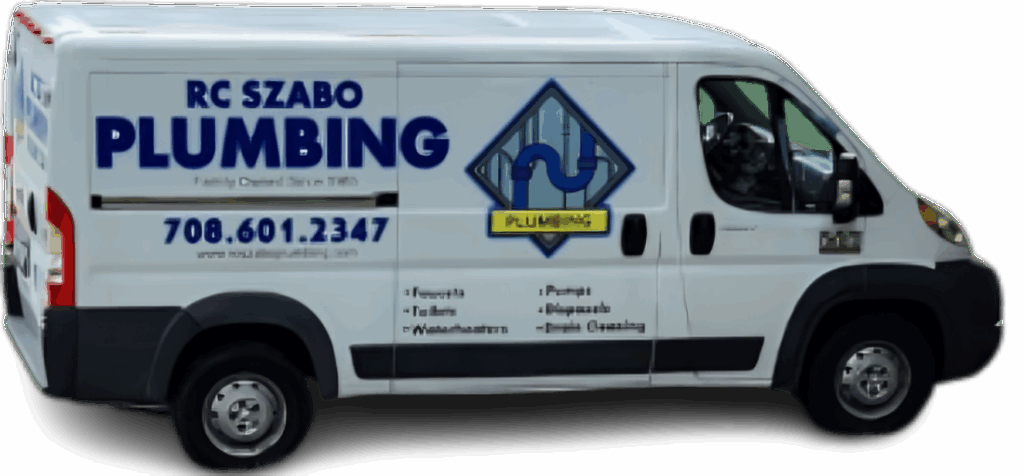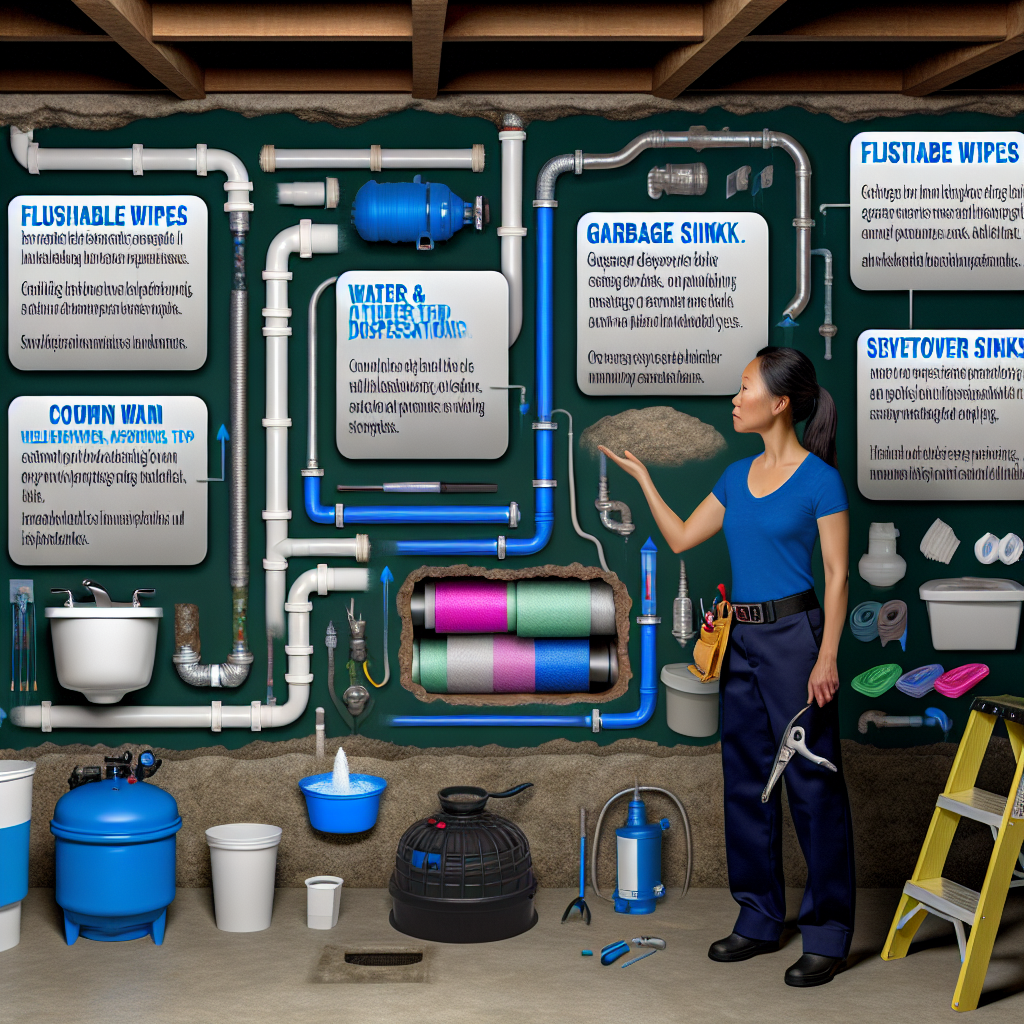Plumbing Contractors
Plumbing Contractors play an essential role in maintaining healthy water systems in your home or property. Whether you’re facing a sudden pipe burst, planning a major renovation, or setting up plumbing in a new construction, the contractor you hire has a direct impact on the outcome. But how do you separate experienced professionals from seasonal handymen or amateurs?
This guide is part of our Plumbing Tips for Homeowners, Property Managers, and Contractors blog series and is dedicated to helping you make informed decisions when selecting a qualified and trustworthy plumbing contractor.
Why Choosing the Right Plumbing Contractor Matters
Too often, homeowners and property managers get burned by shoddy work, overblown estimates, and missed deadlines. On the flip side, hiring a qualified plumbing professional ensures:
- Compliance with local building codes
- Long-term functionality of your plumbing system
- Reduced need for future repairs
- Peace of mind knowing the job was done right
Whether you’re calling for emergency leak repairs or planning a five-bathroom remodel, the stakes are high—so is your risk if you hire someone unqualified.
What to Ask Before Hiring a Plumbing Contractor
Before signing any contracts or accepting bids, ask the following critical questions:
Are You Licensed and Insured?
In most states, plumbing contractors must hold a valid license. Licensing ensures they’ve passed certain training and code compliance requirements. Also, confirm they carry:
- General liability insurance
- Workers’ compensation insurance (important if they have employees)
✅ Pro Tip: Don’t just take their word for it. Ask for proof and verify license numbers through your local licensing board.
What’s Your Experience With My Specific Project?
Don’t assume all plumbers can handle every job. Ask about their experience with:
- Residential renovation projects
- Tankless water heater installations
- Sewer and drain lines
- Plumbing for additions or remodels
This helps ensure they understand your scope and potential challenges.
Can You Provide References?
Any reputable contractor will gladly give you customer references or recent reviews. Reach out and ask:
- Was the work completed on schedule?
- Were the costs transparent and fair?
- Did they clean up afterward?
Bids vs. Value: Why the Lowest Price Isn’t Always Best
A common homeowner mistake is choosing the lowest bid. While tempting, it can cost more in the long run. Here’s how to evaluate a quote:
What’s Included in the Estimate?
A detailed bid should include:
- Labor costs vs. material costs
- Permits (if required)
- Clear timelines
- Brand/model of fixtures or parts used
If an estimate seems vague, ask for clarification in writing—a good contractor will itemize everything.
Are They Pulling Permits?
In most plumbing renovations or new installations, permits are mandatory. If a contractor tells you to “skip permits to save money,” that’s a red flag—they might be cutting corners.
Red Flags When Hiring a Plumber
Raise the red flag if you notice any of the following:
- 🚩 Vague or verbal estimates only
- 🚩 No physical address or online presence
- 🚩 Pushy sales tactics or offering “today only” discounts
- 🚩 Requests for large upfront payments (over 30%)
- 🚩 Reluctance to put agreements in writing
Not only do these practices signal poor professionalism, but they could also leave you financially and legally vulnerable.
How to Vet a Plumbing Contractor Properly
Follow this four-part vetting process before committing:
- Do a License and Background Check
- Check your city or state’s online licensing database. Also, confirm they’re not involved in any lawsuits or complaints.
- Research Reviews
- Browse third-party review sites like:
- Better Business Bureau (BBB)
- Yelp
- Google Reviews
- Angi/HomeAdvisor
- Browse third-party review sites like:
- Ask for a Detailed Quote and Timeline
- Compare at least 2–3 bids, and make sure each includes scope of work, pricing, and timetables.
- Interview In-Person if Possible
- Meeting face-to-face or via video call gives you an opportunity to assess their professionalism and communication skills.
Questions to Ask During an On-Site Estimate
Here are key questions to ask during that all-important walkthrough:
- Do you foresee any challenges with this project?
- Will my water have to be shut off—and for how long?
- How many people will be on the job?
- Do you handle cleanup and disposal of old parts?
Their answers will indicate their level of experience and transparency.
What Separates a Good Plumbing Contractor From a Great One
Beyond credentials and experience, the truly great plumbing contractors stand out with:
- ⭐ Strong communication and professionalism
- ⭐ Punctuality and reliability
- ⭐ Transparent pricing and ethics
- ⭐ Warranties on labor and materials
- ⭐ Willingness to educate the client
Plumbing systems are a long-term investment—don’t just pick someone because they’re available or nearby. Aim for the highest quality of service, not just a short-term fix.
Final Thoughts: You Deserve a Plumber You Can Trust
Choosing the right plumbing contractor may take a bit more effort upfront, but the payoff is worth it. Remember—cut-rate bids often lead to cut-rate outcomes. Focus instead on proper licensure, verifiable reviews, detailed quotes, and a contractor who listens to your goals.
When you find a reliable pro, keep their number handy. Having a trusted plumber on speed dial can save you time and stress during emergencies.
✅ Call to Action: Looking for a Trusted Local Plumber?
Whether you’re managing a rental property or upgrading your own home’s plumbing system, we can connect you with the best in the business.
🔍 Schedule a free consultation today with a verified, licensed plumbing contractor in your area.
📥 Or download our Plumbing Contractor Vetting Checklist to make sure you’re asking the right questions.
SEO Keywords Used:
– Plumbing contractor
– How to hire a plumber
– Vetting a plumber
– Plumber near me
– Experienced plumbing services
– Residential plumber
– Plumbing advice for homeowners
– Plumbing renovation planning
Stay tuned for the next article in our blog series:
“Drain Cleaners – Chemical vs. Enzymatic: What’s Really Safe for Your Pipes?”
➡️ Subscribe for updates and more essential Plumbing Tips for every property owner.




